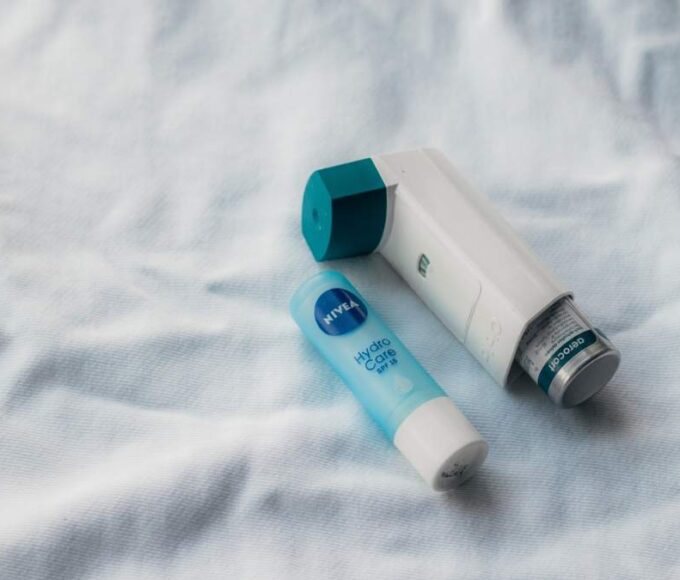A common drug used to prevent nausea during chemotherapy could help women with aggressive breast cancer live longer, a new study suggests.
Researchers from Australia’s Monash University and the Norwegian Institute of Public Health studied 13,811 women with early-stage breast cancer. They found that those who used the anti-nausea drug aprepitant had a lower risk of cancer spreading and a reduced chance of dying from breast cancer.
Aprepitant blocks brain signals that cause nausea. The drug is usually taken during chemotherapy to ease side effects. But the study showed it may also slow cancer progression, especially in hard-to-treat types like triple-negative breast cancer (TNBC).
Women with TNBC who took aprepitant had a 34% lower risk of their cancer spreading and a 39% lower risk of death from breast cancer. The drug showed less benefit in hormone-receptor-positive breast cancers.
The researchers noted that longer use of aprepitant was linked to better outcomes, with up to a 42% reduction in the risk of cancer returning or death when used for 12 days.
Dr. Aeson Chang from Monash University said the findings raise questions about whether extending aprepitant treatment during chemotherapy could improve survival further.
The study was observational, so it cannot prove that aprepitant directly caused the improved survival. More research and clinical trials are needed to confirm these results.
If confirmed, aprepitant could be repurposed as part of cancer treatment to both reduce nausea and help fight the disease.











